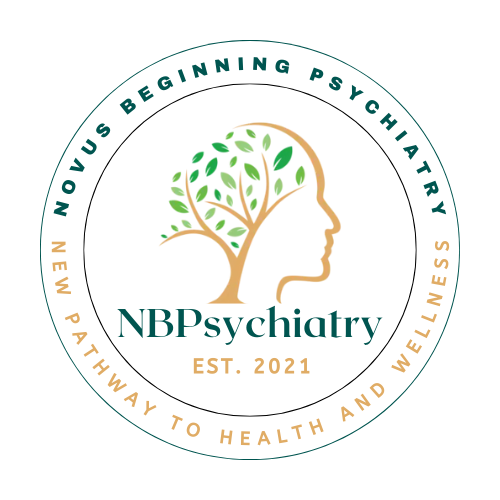Understanding Mental Illness For Your Loved One
Dealing with mental health illness can be tough for those experiencing it and their loved ones. It can be heartbreaking to see someone you care about going through a tough time and not knowing how to help. To help them, it is important to understand mental health illness. From anxiety and depression to bipolar disorder and schizophrenia, each illness has its unique challenges. Understanding the common types and symptoms is essential to better deal with these challenges.
Anxiety is a mental health illness that can cause excessive worry, panic attacks, and irrational fears. Depression is another mental health illness that is characterized by persistent feelings of sadness, loss of interest in activities, and changes in appetite or sleeping patterns. Bipolar disorder, on the other hand, is a mood disorder that causes extreme mood swings and changes in energy levels, thinking, and behavior. There’s schizophrenia, which is a severe mental health illness that can affect a person’s perception of reality and thought processes.
Attention-deficit/hyperactivity disorder (ADHD) is a condition that affects both children and adults, making it hard to focus, stay organized, and control impulses. Autism spectrum disorder (ASD) is another developmental condition that affects how a person communicates, interacts with others, and experiences the world. Individuals with autism may have difficulty with social situations, prefer routines, and show unique interests or behaviors.
Trauma-related disorders, such as post-traumatic stress disorder (PTSD), can develop after experiencing or witnessing a distressing event. Then there’s Obsessive-compulsive disorder (OCD), a mental health condition where people have unwanted, recurring thoughts (obsessions) and feel the need to perform certain actions or rituals (compulsions) to ease their anxiety.
Other common mental health conditions include eating disorders, which involve unhealthy thoughts and behaviors around food and body image, and personality disorders, which affect how people think, feel, and relate to others.
If you want to help your loved one who is battling an illness, it’s crucial to have a good understanding of their specific condition. Our blogs have everything you need to know in detail, so you can provide the best support possible and have more meaningful conversations with your loved one about their health.
Ways to Support Your Loved One through Mental Health Journey
Supporting someone you care about through a mental health challenge can feel overwhelming, but your presence and understanding can make a powerful difference. Here are meaningful ways to be an effective support system during this difficult time.
Start by educating yourself about mental illness. Learn about the specific condition your loved one is experiencing, including common symptoms and triggers. Explore books, articles, workshops, and online courses guided by mental health professionals. The more informed you are, the easier it becomes to understand their experiences and respond compassionately.
Effective communication is another essential part of support. Encourage open conversation and listen without judgment. Validate their feelings instead of dismissing them. Simple, open-ended questions like “Is there anything I can do to support you today?” can create a safe environment where your loved one can express themselves freely.
It’s also important to encourage professional help. Many individuals hesitate to seek therapy or psychiatric care out of fear, stigma, or uncertainty. Have an honest, reassuring conversation about how professional support can genuinely improve their quality of life. Let them know that seeking help is a sign of strength and that you will stand by them throughout the process.
Practicing patience and understanding. There will be progress and setbacks, but each small step matters. Celebrate improvements and offer comfort during the difficult days. While supporting your loved one, don’t forget to take care of yourself. Caregiver fatigue is real. Make time for rest and self-care activities. When you take care of your well-being, you’ll be in a better position to continue supporting others.
Creating a strong support system around your loved one can also be incredibly beneficial. Surround them with family and friends who genuinely care and can listen without judgment. Encourage participation in support groups, where they can connect with others who understand their struggles and share coping strategies.
By educating yourself, communicating openly, encouraging professional help, remaining patient, taking care of your own health, and building a solid support network, you can make a meaningful difference in your loved one’s mental health journey.


